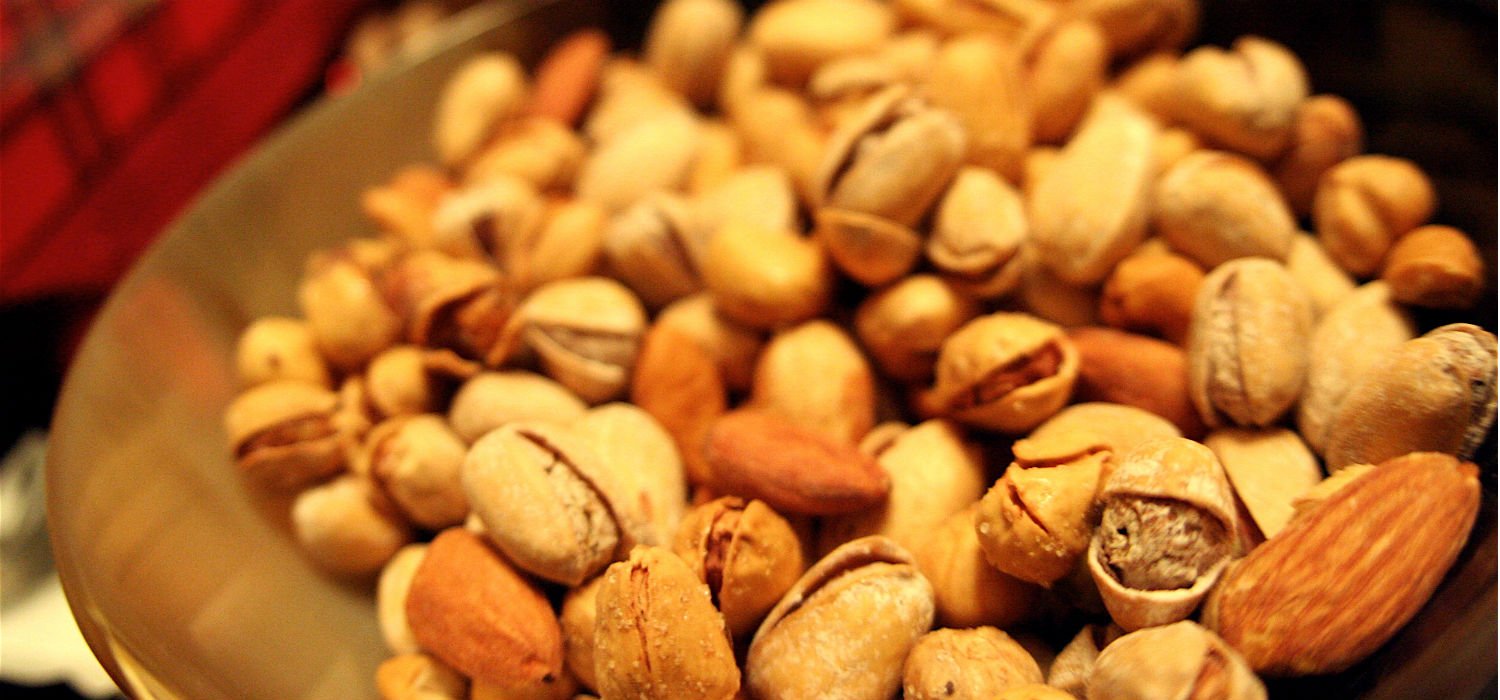What nutrient has been more vilified than fat? Sodium, maybe? Sugar? Arsenic? (Ok, fine, that last one is the opposite of a nutrient).
Among all nutrients, fat seems to have gone through the most thorough hosing over the past few decades.
How often is fat pointed to as the cause of an illness? How many foods have been stripped of their fats, loaded with refined carbs and sugars, and then repackaged as low-fat, as if rescued from a gloomy fate?
“Low-fat” branding for many people is a sort of nutrition halo, giving the panicky consumer something to savor. A balm for their diet-burdened consciences.
But fat isn’t as bad as many people think. In fact, fat should be embraced, not feared.
I’m not some lonely emissary from the land of lipids, peddling potato chips and lard.
The US government’s Dietary Guide for Americans (the initial enemy of fat) has revised its upper limit for daily fat intake. Now there isn’t a daily limit.
You read that correctly: no limit.
Part of the reason why fats have been maligned is that they’ve all been lumped together.
Saturated fats in high amounts are thought to cause heart disease (still an open case) and the other fats, all the way to the pinnacle of polyunsaturated fats, were lumped together and dismissed.
(A spectacularly unethical food industry has exploited this trend to the max, shamelessly producing and marketing foods loaded with sugars, hollow carbs and all sorts of other dubious ingredients that lead to obesity and countless other health issues, but I'll save that subject for another article.)
Now, don’t get carried away. This isn’t a green light to pursue a Super Size Me diet.
Giphy
A cheeseburger every now and then is fine, and is actually better than the processed, low-fat alternatives intended to supplant cheeseburgers such as low-fat cheese and low-fat deli meat.
In fact, the alternatives to fats are now considered to be the causes of the very ailments they were intended to guard against, from metabolic dysfunction to obesity to heart disease.
Those baked potato chips or low-fat cookies don’t look so good right now.
Remember: natural, simple ingredients always beat their processed alternatives. Also remember: your health depends on exercise as well. A healthful diet can be partially squandered if exercise is not a habit.

Vegetable oils, nuts and fish, all crammed with good fats, are the real winners here. These are the foods that deserve the spotlight and should fill our plates.
While the mediterranean diet is ideal, it can be expensive and not everyone in the world can access the different foods it consists of.

People living in poverty or extreme poverty throughout the world often lack the ability to control their diet. Sometimes, options are dominated by fast food chains, leading to a global epidemic of obesity.
Other times, food is just too scarce to practice discretion.
But as dietary guidelines get changed around the world, local economies may adapt in gradual ways to some form of the mediterranean diet.
For those with options: open up a can of sustainably caught tuna, slather some natural peanut butter on a banana, pour some olive oil over your pasta and sprinkle some salt on an avocado.
And add veggies to every meal--but don’t be afraid to season them (maybe with a little fat-filled coconut oil).
Most importantly, help those who don’t have options. Having access to nutritious food is a key aspect of improving food security. You can make sure everyone in the world has access to nutritious food by signing the petition in TAKE ACTION NOW to get world leaders to live up to their commitments to improve food security.